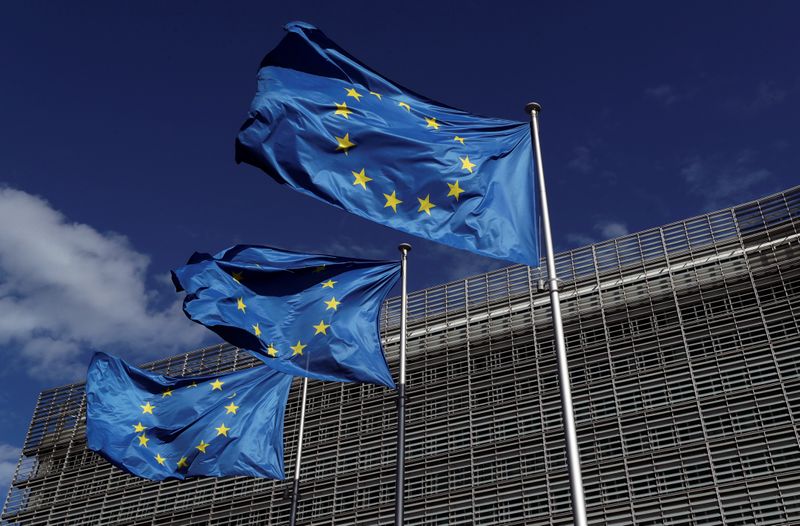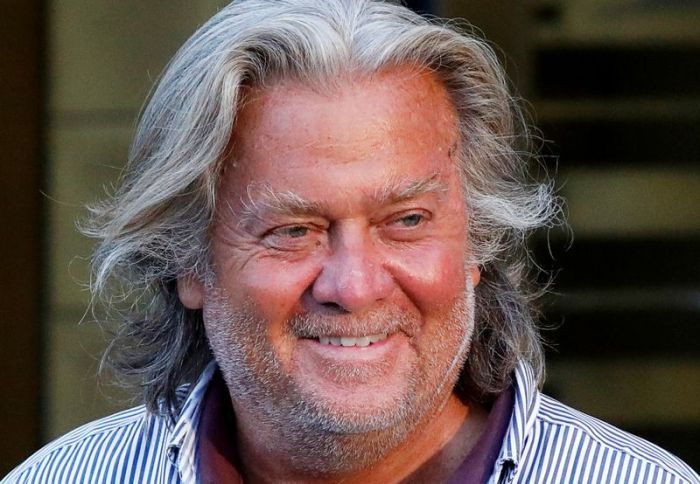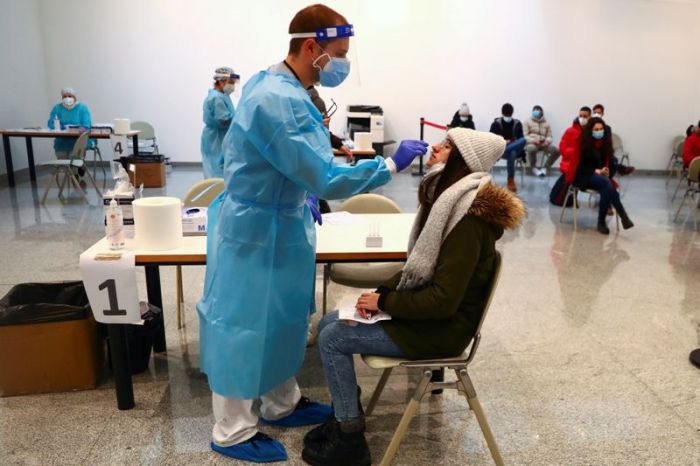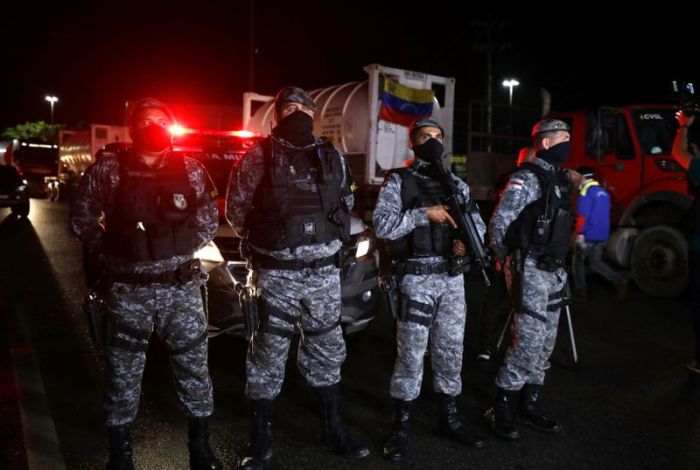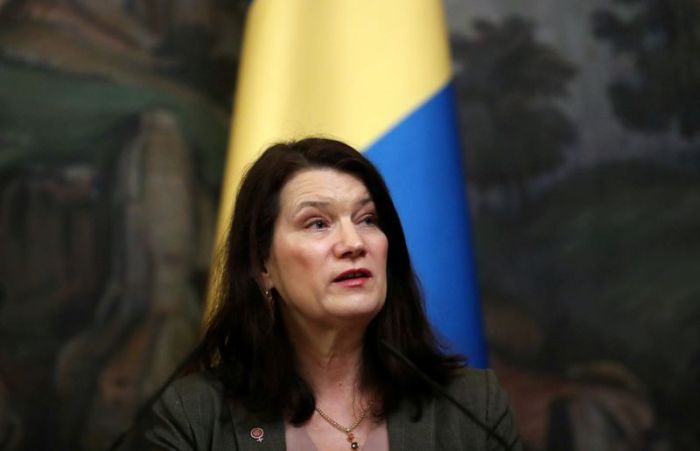BRUSSELS (Reuters) – European Union leaders will on Thursday seek to address the coronavirus pandemic’s mounting challenges, from containing more infectious variants to the threat of border closures and the slow roll-out of vaccines across the bloc.
The heads of EU institutions have urged the leaders to maintain unity and step up testing and vaccinations, though no formal conclusions are expected from the online video conference, the ninth since the pandemic began.
The meeting begins at 6 p.m. (1700 GMT).
The European Commission said on Tuesday that the 27 EU countries should have vaccinated at least 70% of adults by summer and needed to be genome sequencing at least 5% of positive tests to identify new coronavirus variants.
Vaccinations have begun slowly, with the bloc lagging the likes of Britain and Israel in terms of per-capita coverage.
EU countries expressed alarm when they found out last week that Pfizer, the manufacturer of one of only two EU-approved vaccines, would temporarily reduce deliveries. Italy is considering legal action.
Meanwhile, German Chancellor Angela Merkel warned on Tuesday that her locked-down country may need to consider border crossing curbs if other European countries did not act to halt the spread of the new more transmissible virus variants.
European Commission President Ursula von der Leyen, a fellow German, told the European Parliament on Wednesday that EU countries should be able to scale up sequencing to 5% and then 10% of positive tests.
The European Centre for Disease Prevention and Control had the capacity do so. All EU members had access to that capacity, but only two had so far used it, she said.
Von der Leyen also insisted that blanket border closures made no sense and were not as effective as targeted measures.
The EU executive also wants member states to agree a common approach to vaccination certificates by the end of January. So a certificate from Estonia would be accepted in Portugal, for example. Greek Prime Minister Kyriakos Mitsotakis floated the idea last week that they could help restore cross-border travel.
EU diplomats said this was premature as it was not yet clear if vaccinated people could still transmit the virus to others.
“As for (non-EU) third countries, then you’d have to look into whether to accept Russian or Chinese vaccines,” one added.
(Additional reporting by Robin Emmott, writing by Philip Blenkinsop; editing by John Stonestreet)

